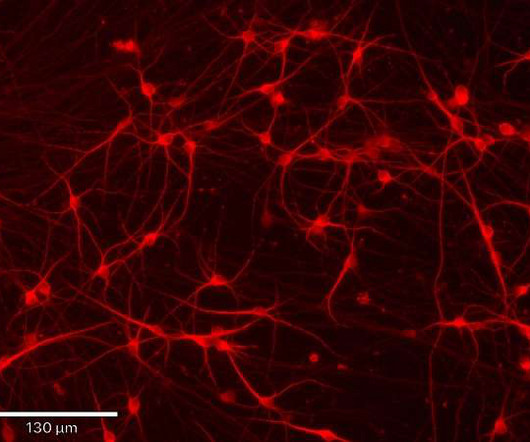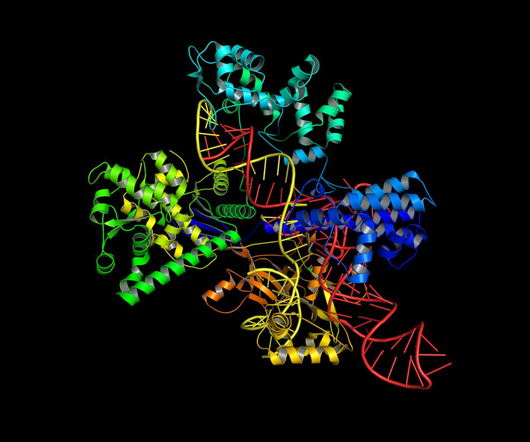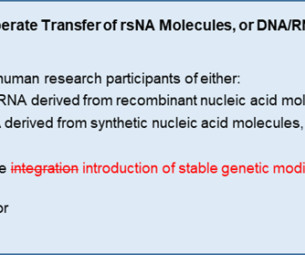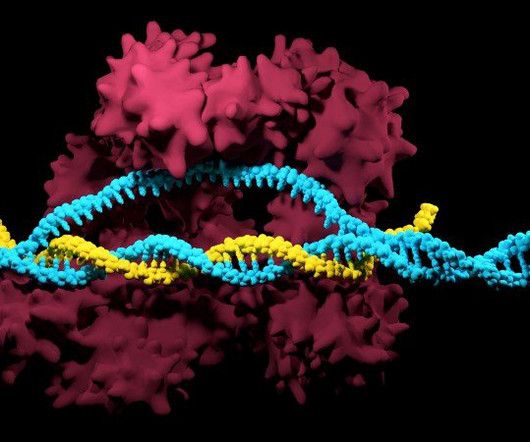Study in mice shows potential for gene-editing to tackle mitochondrial disorders
Scienmag
FEBRUARY 8, 2022
Defective mitochondria – the ‘batteries’ that power the cells of our bodies – could in future be repaired using gene-editing techniques. Scientists at the University of Cambridge have shown that it is possible to modify the mitochondrial genome in live mice, paving the way for new treatments for incurable mitochondrial disorders.

























Let's personalize your content